Greece starts migrant deportation to Turkey
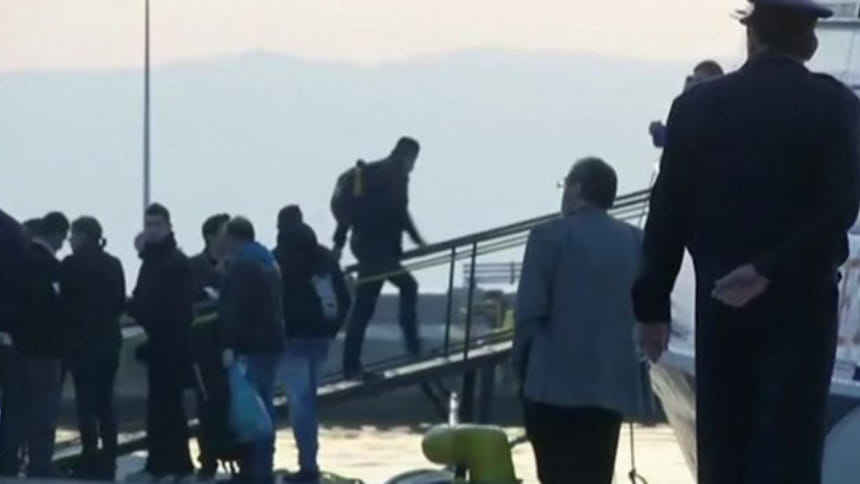
Greece has begun a process of returning migrants to Turkey under an EU deal, despite fears over lack of preparation and criticism from campaigners.
The agreement is aimed at easing the uncontrolled movement of people into Western Europe, many of whom take the dangerous sea route across the Aegean.
Migrants were seen boarding ferries on the island of Lesbos early on Monday.
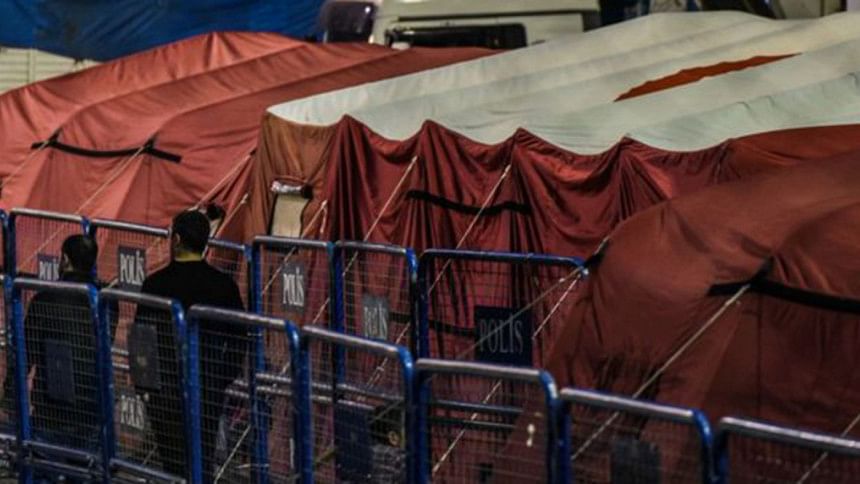
They are being sent to Dikili, western Turkey. Turkish officials said they expected to receive around 500 people.
But the run up to implementation has been marred by concerns about the viability of the plan.
Migrants in Greece have complained of a lack of information about the asylum procedure and some said they were unaware they could be returned.
The EU agency responsible for escorting people back across the Aegean has less than one-tenth of the staff needed to do the job, the Associated Press reported.
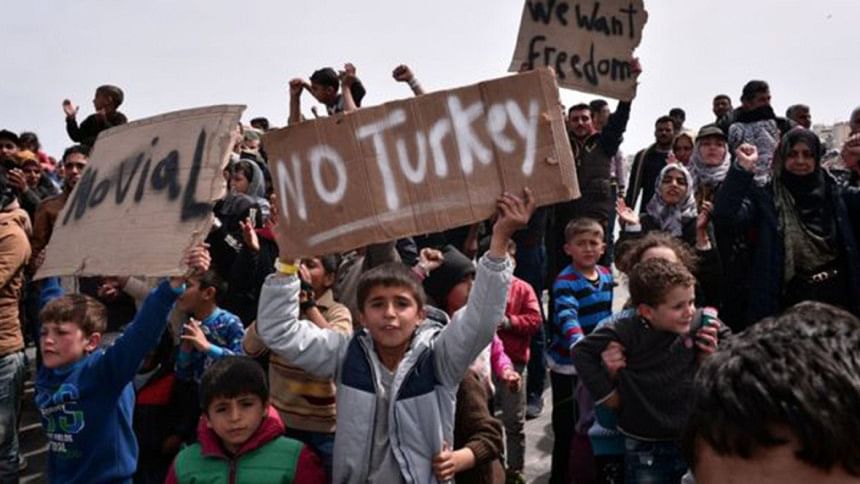
Under the deal, migrants arriving illegally in Greece are expected to be sent back to Turkey if they do not apply for asylum or if their claim is rejected.
For each Syrian migrant returned to Turkey, the EU is due to take in another Syrian who has made a legitimate request.
Turkey won financial and political concessions as part of the agreement.
The arrangement has alarmed rights groups, who say Turkey is not a safe country for migrants.
Amnesty International has accused Turkey of illegally returning Syrians to their homeland, something Turkey denies.
Save the Children called the deal "illegal and inhumane", saying people told them they would kill themselves if sent back to Turkey.
Since the deal was struck in March, about 400 people have been arriving each day on the Greek islands.
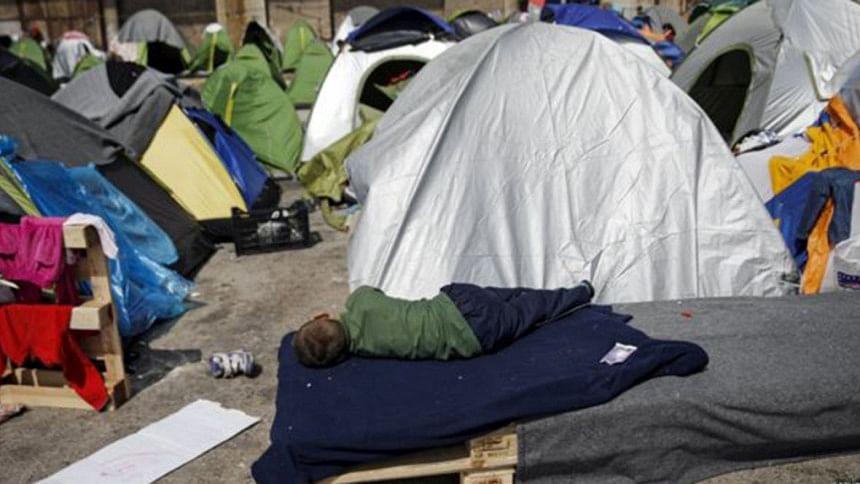
Tens of thousands have been stuck in Greece after northern countries closed their borders. There have been clashes in camps amid dire conditions.
One million migrants and refugees have entered the EU by boat from Turkey to Greece since last year.
Many are keen to travel to Germany and other northern EU countries and experts have warned the deal could force them to take alternative, more dangerous routes.
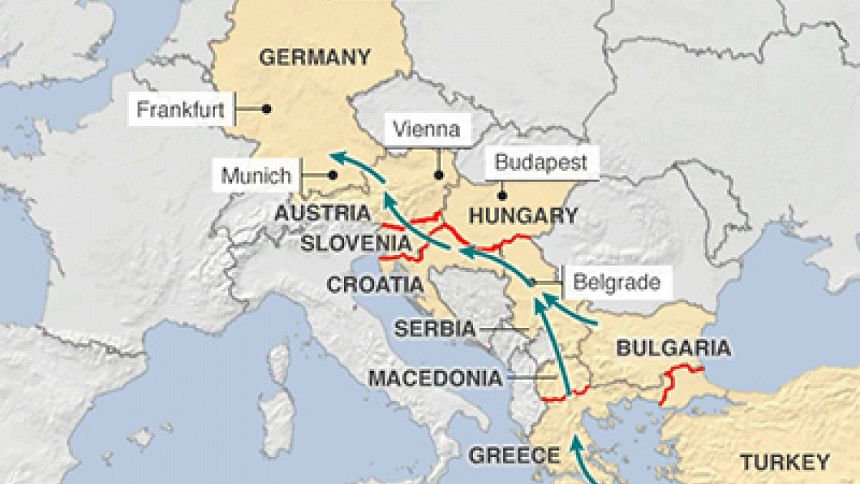
In Austria meanwhile, pro-migrant protesters clashed with police at a border crossing with Italy.
It comes after Austrian Defence Minister Peter Doskozil said soldiers would be deployed at a key transit point, saying the EU's outer borders were not properly protected.

 For all latest news, follow The Daily Star's Google News channel.
For all latest news, follow The Daily Star's Google News channel. 


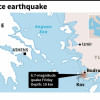





Comments